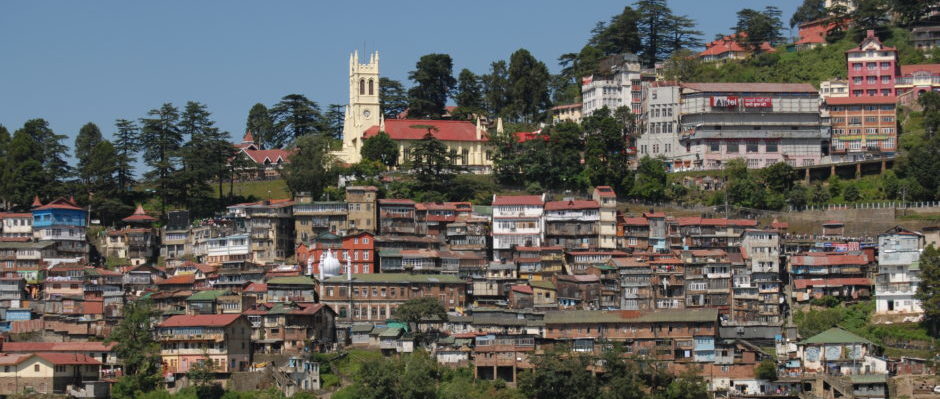Learning from Small Cities: Governing Imagined Futures and the Dynamics of Change in India’s Smart Urban Age

While India is currently implementing a number of high-profile initiatives around ‘futuring’ its growing urban areas through smart technologies, the specific role that smaller cities are playing in this transformation is largely overlooked. This is despite many being where some of the most significant developments in smart urbanism are now being pioneered.
Learning from Small Cities: Governing Imagined Futures and the Dynamics of Change in India’s Smart Urban Age explores the specific experiences of smaller smart cities through fieldwork in Shimla, Jalandhar and Nashik. The research will examine a range of issues including how smaller cities fit into national visions of smart urbanism, the ways these are reinterpreted at a local level and the perspectives of residents on how these strategies are reshaping their cities.
Besides placing the undervalued contribution of small cities on the map, the project also seeks to draw out key lessons from the case study cities that can inform future discussions of smart cities across India and internationally.
Ayona Datta (Reader in Urban Futures, Principal Investigator)
Sanjay Srivastava (Professor)
Ritajyoti Bandyopadhyay (Assistant Professor)
Sophie Hadfield-Hill (Lecturer in Human Geography)
Melissa Butcher (Reader in Social and Cultural Geography)
King’s College London
Institute of Economic Growth
National Hawkers’ Federation
Sutra
Habitat and Livelihood Welfare Association
• Collaborative research with local partners through a arrange of activities, including crowd sourced digital and community asset mapping with local partners, as well as stakeholder workshops in each case study city.
• Development of a series of outputs including a smart city asset toolkit, policy briefings for planners and local language pamphlets translating the project findings to grassroots communities.
• Dissemination of findings through online platforms (project website and social media engagement) as well as conferences, public exhibition and project catalogue.